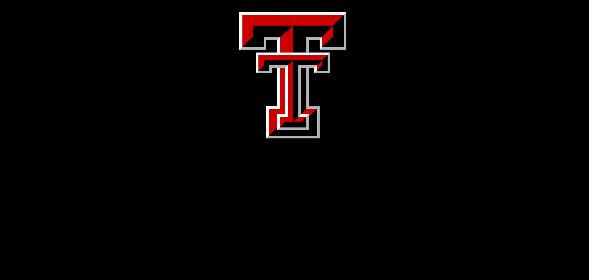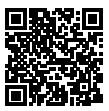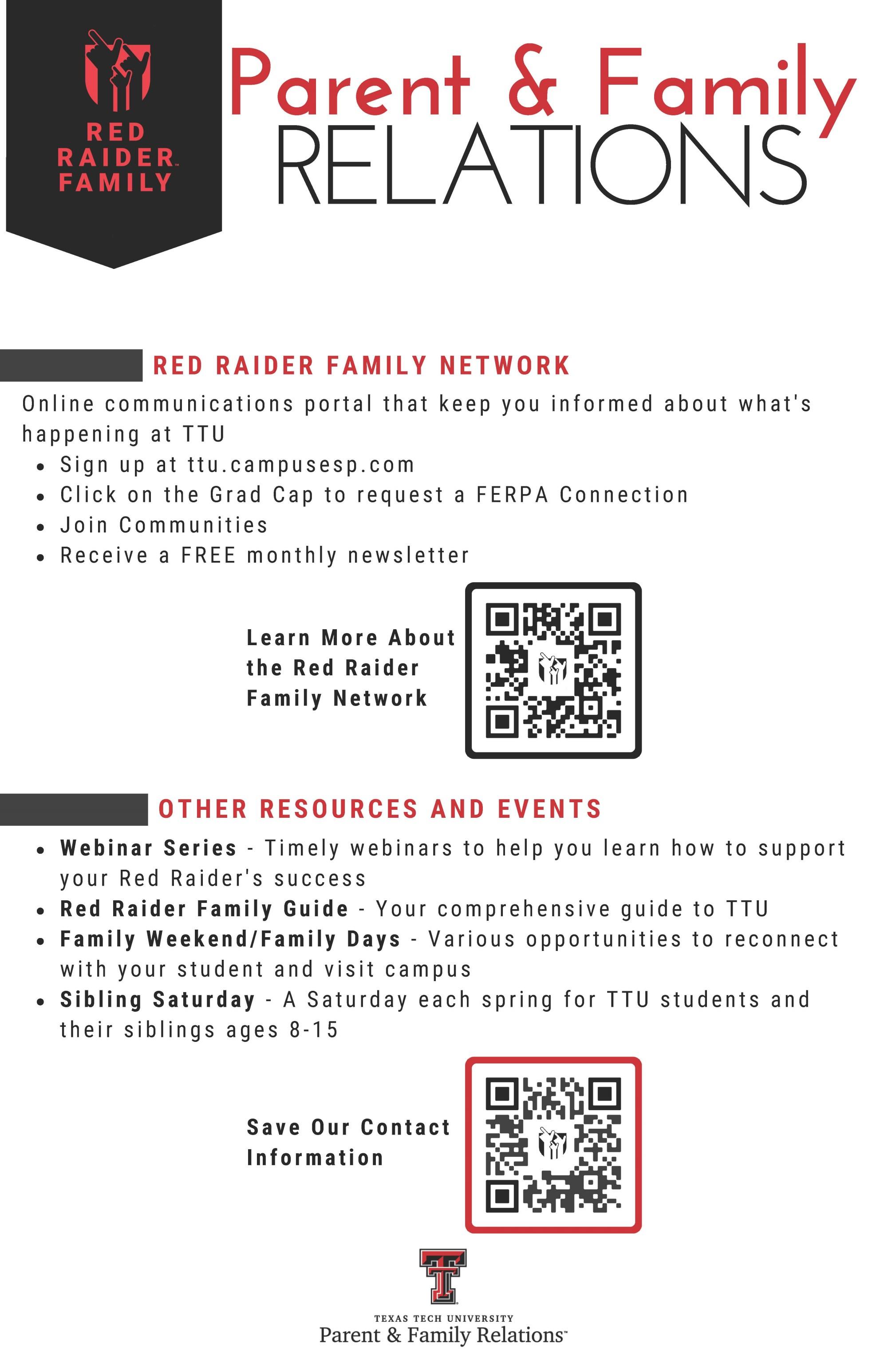STRATEGIES FOR SUCCESS

10 HABITS OF SUCCESSFUL STUDENTS
1. Get organized. Making a plan for what you're going to do and when you're going to do it will make sure you're always ahead of the curve - literally.
2. Don't multitask. Studies have shown that multitasking is physically impossible.
3. Divide it up. Studying isn't fun to begin with, and forcing yourself through a study marathon will only make it worse. Dividing your work into manageable chunks and rewarding yourself when you finish each chunk will make studying (more) fun.
4. Sleep. Don't underestimate the importance of those eight hours of zzz's every night! Getting a good night's rest will sharpen your focus and improve your working memory.
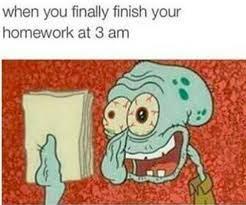
When you finish your homework at 3 am..
5. Set a schedule. Do you work better right after school or after you've eaten dinner? Are you more productive in 90minute blocks or half-hour spurts? Find a schedule that works for you, and stick to it.
6. Take notes. Taking notes will not only keep you more engaged during class, but will also help you narrow down what you need to study when exam time rolls around. It's much easier to reread your notes than to reread your entire textbook!
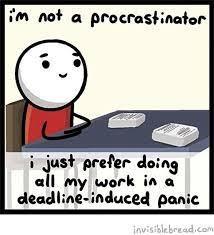
7. Study. This one might be obvious, but did you know that there's a right and a wrong way to study? Review your material several days ahead of time, in small chunks, and in different manners (for example, write flashcards one day and take practice tests the next). In other words, don't cram.
8. Manage your study space. Find a place that will maximize your productivity. Look for places away from the television and other distractions. Whether it's your local library or just the desk in your bedroom, set aside a study space that you'll want to spend time in.
9. Find a study group. Sitting down with a group of people who are learning the same things as you is a great way to go over confusing class material or prepare for a big test. You can quiz each other, reteach material, and make sure that everyone is on the same page. After all, teaching someone else is the best way to learn

10. Ask questions. You're in school to learn, so don't be afraid to do just that! Asking for help from a teacher, a tutor or your friends is a surefire way to make sure you truly understand the material.

7 Office Hour Conversation Starters
Adapted from Berkeley International Office
Many students are nervous when considering talking with their professors; however, talking with your professor is one of the best ways to raise or maintain your Grade Point Average (GPA). Don’t know how to talk with them? Here are 7 great ways!
Introduce Yourself: Faculty enjoy getting to know you. Why are you interested in the course? Have you previously studied the subject? What are you excited about learning in the course?
Share a Struggle: Are you struggling with something? For example, class participation, a concept, or keeping up with readings? Ask for tips/resources to address your challenge.
Ask for Best Practices: Ask what successful students have done to understand the material and excel. Focus on the learning. Do NOT ask how to get an A.
Research Options: Are you looking for an internship or research in the field? Share your specific goals and interests. Your professor may have useful advice and will enjoy sharing his/her research.
Disagree: Is there a point in lecture or reading you disagree with? Are things different in other countries you’ve studied? POLITELY engage your professor in a debate. Do NOT argue.
Clarify: Confused about your grade or the requirements for an assignment? Unsure about the policies on citation or group work? Ask questions.
Include Current Events: Is this topic in the news? Did you read relevant research? Discuss other examples to deepen your learning.
EMAILING YOUR PROFESSOR OR ADVISOR? Always remember to include your Name, R# and a brief message of your exact needs. Also, remember, to be polite no matter what the subject may be.
© 2020 Opportunity International, a 501(c)3 nonprofit. All rights reserved. Terms & Conditions

Visual (Spatial) Learners
They learn best by seeing.
Signs of a Visual Learner:
Understanding How You Study
Every person has different ways they learn. They may even find that one style is easiest for them. Others may determine they have a combination of styles that work for them. Don’t feel that you have to learn in a certain way. There is no right or wrong answer. By understanding which learning styles benefit you, you will be able to utilize methods to improve study experiences and improving your overall success.
The most widely accepted style of learning is called the VARK Model, which stands for visual, aural/auditory, reading/writing, and kinesthetic. In summary:
Reading/Writing Learners
They learn best by reading and writing.

• Pictures and diagrams make the most sense to you.
• You can’t pay attention if a lecture does not have slides.
• Tutorial videos help you learn new things.
• You like to color-code your notes.
Study Tips for Visual Learners:
Because visual learners learn best by seeing, graphic displays such as charts, diagrams, illustrations, handouts, and videos are all helpful learning tools.
Auditory (Aural) Learners
They learn best by hearing.
Signs of an Auditory Learner:

• Lectures and speeches make the most sense to you.
• You prefer to listen to your textbook as opposed to reading it.
• Once you hear a song, you mostly know it.
• You prefer instructions read aloud to you.
Study Tips for Auditory Learners:
Because auditory learners learn best by hearing, try reading notes out loud, listening to recorded lectures or having a friend “quiz” you on your work
Signs of a Reading/Writing Learner:

• Words and texts make the most sense to you.
• You prefer reading textbooks as opposed to lectures.
• You tend to take a lot of notes.
• You prefer PowerPoints and handouts.
Study Tips for Reading/Writing Learners:
Because reading/writing learners learn best by words and texts, try writing definitions and utilizing lists. Taking notes might help you learn and remember.
Kinesthetic (Physical) Learners
They learn best by moving and doing.
Signs of a Kinesthetic Learner:
• “Hands on” makes the most sense to you.
• You have to “fidget” to stay focused.

• You can remember something after you’ve walked through the process.
• You have to write or type notes but rarely need to check them again.
Study Tips for Kinesthetic Learners:
Because kinesthetic learners learn best by interaction and activity, practical and “hands on” tasks such as writing, drawing, organizing, and manipulating objects are helpful learning tools.
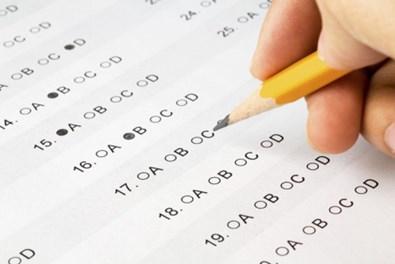
TEST TAKING TECHNIQUES
There is no substitute for preparation. If you don't know the test material, all the test taking techniques in the world won't save you. Preparation is key.
1. Always Arrive Early And Take A Moment To Relax
Relaxation can increase your confidence.
You'll be able to narrow your focus for the upcoming test.
Arriving early may allow you time to ask any last-minute questions from the instructor or listen to explanations being provided to other students.
2. Listen Attentively To Last Minute Instructions Given By The Instructor
It is not uncommon for teachers to alter test details at the last minute.
If you miss test instructions, test taking anxiety will increase.
If you miss test instructions, don't be scared to ask for instructions to be repeated.
3. Do A Memory Dump
As soon as you begin the test, write down information that you will likely need to know for the test and you fear you may forget. (ie., formulas, equations, dates, lists, etc.)
Memory dumps can be particularly useful for improving performance on certain types of tests.
4. Read Test Directions Very Carefully And Watch For Details
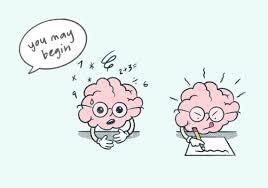
Test questions and directions often contain valuable information. Always read all directions carefully to ensure you understand what is being asked.
Often there will be two correct answers on a multiple-choice question. Pay attention to details.
Frequently, test instructions will notify students that they only need to complete two questions, but there will be 5 options.
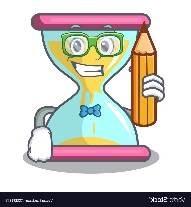
6. Look For Cues
5. Plan How You Will Use The Allotted Time
Estimate how much time you'll have for each section of the test and each question. Allow enough time for more difficult sections or sections that are weighted more heavily in the final test grade.
Pace yourself so you can complete the test in the allotted time frame.
Complete questions you know first then come back and tackle problems you're not sure about after.
Pay attention to grammatical matching between questions being asked and answers. If an answer seems correct but doesn't match grammatically with the question, it probably isn't the correct answer.
Look for cues from other questions.
7. Answer All Questions
Even if you're running out of time and can’t answer all the questions fully, it's important to answer all questions. Many professors will give partial credit for partially completed questions or if you're able to show some of your work. (Note: There are some tests in college where you are docked points for guessing. This is rare and usually will be announced by the professor prior to the test.)
8 Maintain A Positive Attitude
Do not lose confidence or waste time if you encounter confusing or difficult questions.
If you don’t know the correct answer, make an educated guess.
Disregard patterns. Example: It is probably coincidence if a string of multiple-choice answers that you know are correct are all "a."
9. Rely On Your First Impressions

The first answer that comes to your mind is usually the correct answer. Don't change answers unless you're sure the answer you've chosen is wrong.
It may be counterproductive to review answers and make changes – especially if you're struggling to get through the test.
10. Plan To Finish Early And Have Time For Review
Go back and answer difficult questions after answering easy ones.
If you are required to complete an essay, review it for spelling and grammatical errors.
Make sure you have completed the entire test. It is not uncommon for questions to be listed on the opposite side of a page.
11. Consider Every Test A Practice Session - Analyze Your Performance

It takes time and practice to develop effective test taking skills.
To determine whether your test taking techniques are working, take time to evaluate your performance after each test.
Take note of where you're struggling. Are you struggling with essays or multiple-choice questions?
Meet with professors to discuss low test scores and determine what you can do to improve. This is especially important when struggling with essay questions.

NEEDING SOME HELP WITH TIME MANAGEMENT?
The Eisenhower Matrix is a great way to determine what is important and what can be put off to a later time. Utilizing it and establishing a Block Schedule in your day planner are great ways to stay organized, on-time and relieving the stress of a very busy schedule. It will also assist in having more free time to do other things that you enjoy.
EISENHOWER MATRIX
URGENT NOT URGENT
DO IT
Things with clear deadlines and consequences for not taking immediate action.
Examples:
Assignment Deadlines
Exams
Last Minute Preparations
True Emergencies
SCHEDULE IT
Activities without hard deadlines that bring you closer to your goals.
Caution: Don’t procrastinate on these.
Examples:
Reading Assignments
Reviewing Lecture Notes
Planned Study
Exercise & Health
DELAY/AVOID IT
Things that need to be done, but don’t require specific times. Busy Work.
Examples:
Some Emails & Phone Calls
Some Meetings
Other People’s Priorities & Expectations
Activities Outside of Courses.
DELETE IT
Distractions that are a last priority & could be dropped. May be ok, but only in moderation.
Examples:
Social Media
Surfing the Internet
Games, Watching TV/Videos
Time Wasters
BLOCK SCHEDULING
FIXED TIME: This would be times that do not change each week. Ex. Course Times
WORK TIME: The times you work need to be updated as you receive your schedule.
STUDY TIME: These times include more than assignments that are due. They may be Professor Office Visits, Reading Assignments, Reviewing Past Assignments, Tutoring, etc.
FREE TIME: Always schedule time to relax and to do the things you enjoy that are outside of school and work. These help to keep you from burning out and result in better production and success.
IMPORTANT NOT IMPORTANT
TIPS FOR MANAGING STRESS
The key to managing stress is to remember that stress is not inherent in any event. It lies in how we perceive that event. If you are feeling like you need assistance in managing stress, make sure to schedule an appointment with one of our A&S Office of Student Success Academic Success Advisors. “You need enough tension in your violin string to make music, but not so much that the string snaps”.

☺ Eliminate “solutions” that impair your health such as tranquilizers, sleeping pills, alcohol and cigarettes.
☺ Recognize short-term solutions such as shouting, crying or taking a hot bath, to be what they areShort Term.
☺ Prioritize your tasks into “essential”, “important”, and “trivial”. Follow that order for completing tasks. Consider dropping all the “trivials”. Take one thing at a time.
☺ Try to be happy with a less than perfect performance from yourself.
☺ Change your internal language. Instead of saying “I have to…”, say “I choose to…”. Instead of getting down on yourself, support yourself the way you would support your best friend.
☺ Learn to organize your time. There are many classes and books available on time management.
☺ Take care of your body. Eat well, get enough sleep, and exercise regularly.
☺ Learn to accept what you cannot change. If the problem is beyond your control now, try to let go of it until you can change it.
☺ When you feel stress setting in, observe your body and learn where it hits, what happens first. The earlier you can recognize stress signals, the easier it is to change your behavior and stop the progress of the stress.
☺ When you are stressed, choose fight or flight. Hiding your anger is more stressful then expressing it but choose your fights. Make sure it’s worth it.
** Information adapted from Support Operations for Academic Retention (SOAR), Texas Tech University.

Don’t be afraid to reach out to these Mental Health Resources.
We are all here for you!!
MENTAL HEALTH RESOURCES
On Campus Resources
Texas Tech University Dean of Students
806.742.2984 / SUB Suite 203
Crisis support for students of concern
Student Counseling Center
806.742.3674 / SWC 201
Clinic Walk-In Hours: M-F 12:30 3:30 pm
Free individual, partner and group counseling.
Call to schedule an appointment
Family Therapy Clinic
806.742.3074 / Human Sciences 164
$10 per session for TTU students.
Call to schedule an appointment
Center for Collegiate Recovery Communities
806.834.4544 / 1301 Akron
Student Mental Health Community
Weeks Hall, Room 244 / Webpage
Psychology Clinic
806.742.3737 / Psychology 1st Floor
Call to schedule an appointment
Risk Intervention & Safety Education (RISE)
806.742.2110 / Drane Hall 247
Prevention education; workshops & training
RISE Wellness Coaching
806.742.2110 / Webpage
Question. Persuade. Refer. 806.742.2110 / 806.742.3674
Suicide prevention & intervention skills training. Offered by RISE and the SCC.
Therapy Assistance Online (TAO) http://www.depts.ttu.edu/scc/tao
Other Resources
StarCare 24/7 Crisis Line
Lubbock: 806.740.1414
Toll-free: 800.687.7581
United States Crisis Text Line
Text HOME to 741741
National Suicide Prevention Lifeline
Call or Text 988
National Suicide Prevention Lifeline & Chat
Call or Text 988
The Trevor Project
1.866.488.7386
Free Crisis helpline for LGBTQIA+ youth
Veterans Crisis Line
Dial 988, the Press 1, Chat Live, or text 838255
Voice of Hope
806.763.3232
www.voiceofhopelubbock.org
Free individual counseling & group therapy for victims of sexual assault
Emergency Medical Services, Fire or Police: Dial: 911

TIPS & RESOURCES FOR CONTINUED SUCCESS
Sometimes it’s just knowing how to do a thing or knowing where to find it. The following pages will give you some ‘How To’ tips as well as some great academic resources to keep you on your path to continued success!
COMMON CAMPUS RESOURCES
Career Center
806.742.2210, Wiggins Complex
Counseling Center
806.742.3674, Flint Ave. & Main, Student Wellness Center, Rm 201
Learning Center Drane Hall, Room 164
Math Tutoring Center
Math Bldg, Room 106
Raider Ride
Administrative Support Center, RM 145, 806.742.7275
Science Lab Tutoring Chemistry Bldg, Room 109
Student Disability Services
Weeks Hall, Room 130
Supplemental Instruction (SI Sessions) Drane Hall, Rm 135
Wellness Center
806.743.2848, 1003 Flint Ave.
Writing Center
Weeks Hall, 3rd Floor

And remember, If you don’t know where to go or what to do, contact the A&S Office of Student Success. We don’t guarantee to have all the answers, but we will definitely work with you to find them.
IMPORTANT PHONE NUMBERS
Athletic Ticket Office: 806.742.8324 Financial Aid: 806.742.3681 Military & Veterans Programs: 806.742.6877 Parent & Family Relations: 806.742.3630 Registrar: 806.742.3661 Student Business Services: 806.742.3272 Student Housing: 806.742.2661 TTU Police Department: 806.742.3931

ACADEMIC ADVISING: It is always highly encouraged that all students meet with their Academic Advisor prior to registering for courses each semester. Because of the number of students, it is important to contact your advisor early in the semester to get your appointment scheduled.
Advisor Name
ARTS & SCIENCES UNDECLARED (Designations held within A&S Office of Student Success)
Arts & Sciences Undeclared (Temporary Designation)
Arts & Sciences Academic Transition (Temporary Designation)
BIOLOGY
Biology, Cell & Molecular Biology, Microbiology
CHEMISTRY
Biochemistry, Chemistry
CLASSICAL & MODERN LANGUAGES & LITERATURES
American Sign Language, Arabic, Chinese, Classics, French, German, Greek, Italian, Japanese, Latin, Portuguese, Russian, Russian Language & Area Studies, Spanish
ECONOMICS
Economics, International Economics
ENGLISH
English, Writing Design & Technical Communications
GENERAL STUDIES
Bachelor of General Studies, PreLaw (Temporary Designation)
GEOSCIENCES
Geography, Geosciences
HISTORY
History
KINESIOLOGY & SPORT MANAGEMENT
Kinesiology, Sport Management
MATHEMATICS & STATISTICS
Mathematics
PHILOSOPHY
Philosophy
PHYSICS
Physics
POLITICAL SCIENCE
Global Studies, Political Science
PSYCHOLOGY
Psychology, Psychological Sciences
SOCIOLOGY, ANTHROPOLOGY & SOCIAL WORK
Anthropology, Social Work, Sociology, Criminology
RENEWABLE ENERGY
Renewable Energy
Karen York
Keith Boyd
Macee Thompson
Tatum Weeks
Laci McDermett
Morgan Hyman
Alex Rodriguez
Lizzie Moreno
Dorothy Dent
Heather Higgins
Carla Burrus
Stephanie Santos
Jose Jimenez
Diane Johnson
Dr. Justin Houser
Jeramey Gillilan
Shametrius Tucker
Celeste Yoshinobu
Courtney Bray
Treasa Austin
Tiffani Fair
Miranda Ortiz
Ana Flores
Patty Schovanec
Diane Johnson
Melanie Ungar
Sara Jackson
Maggie Durham
Joannie Hill
Kristen Holcomb
Taylor Rindlisbacher
Alexandra Haney
Stephen Phillips
Adrienne Scales
Diannah Sholey
ACADEMIC
ARTS & SCIENCES
ADVISORS
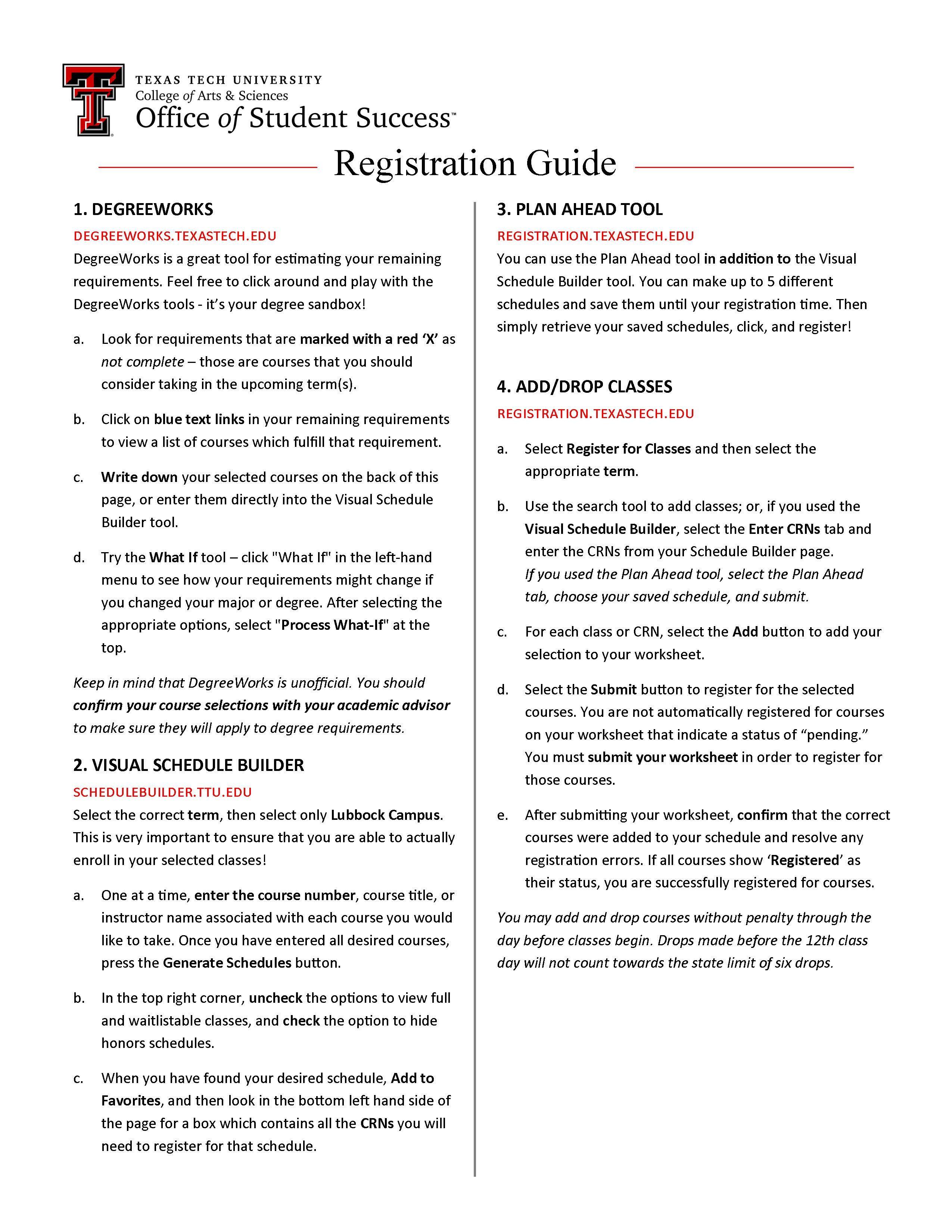
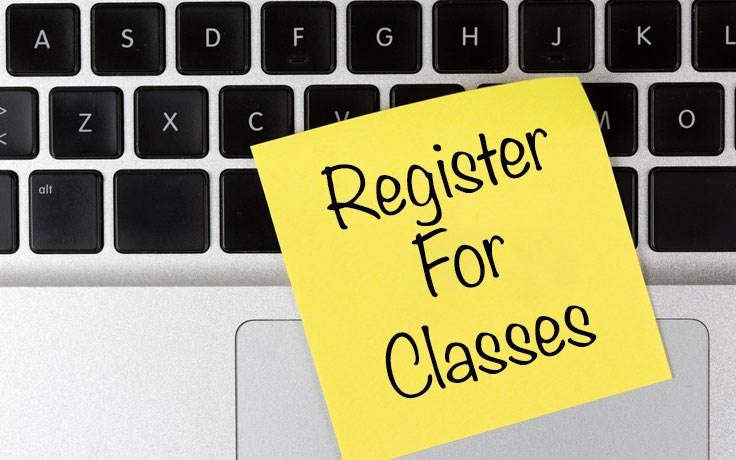

UNDERSTAND YOUR GPA
It is always very important to understand your Grade Point Average “GPA”. Potentially, there can be three components to your GPA: TTU Semester GPA, TTU Cumulative GPA and Overall, which includes your hours from other institutions. Graduation requirements are based on your TTU Cumulative GPA. For more information and how to use the GPA Calculator, review Understanding Your GPA on our A&S Office of Student Success webpage and/or contact one of our A&S Academic Success Advisors.
GRADE REPLACEMENT: Made a low grade in a course? Look at the policy from the Office of the Registrar to see if you can grade replace or contact the A&S Office of Student Success.
TRANSCRIPTS
OFFICIAL TRANSCRIPTS: For high school and other institutions attended, TTU must have official transcripts on record. If the envelope has been opened prior to being sent from the other entity , the transcript will not be considered official. It is always best to have the institution you attended send the transcript directly to TTU Undergraduate Admissions.
For High School: Official Transcript sent by the school must include your graduation date and can be sent through an electronic service such as Naviance or Parchment or through the US mail or uploaded through the Counselor portal.
For College: Official, Final Transcripts must be sent to TTU Undergraduate Admissions directly from the school, and contain grades for all coursework. These can be sent through an electronic service such as SPEEDE or through the US mail. If mailed, transcripts must be sent to:
Undergraduate Admissions Box 45005, Lubbock, TX 79407
UNOFFICIAL TRANSCRIPTS: Unofficial transcripts are available to currently enrolled students at Texas Tech University. To print a copy of the Texas Tech unofficial transcript, follow these steps:
1. Log on to Raiderlink and click on the "MyTech" tab.
2. Under the "Manage My Enrollment" section, select "Unofficial Transcript - View Online."
3. Select the appropriate term.
4. Click "Submit."
How Do I Declare a Major?
Students must declare their major once they have earned a total of 30 or more hours. If you are sure of the major you wish to declare, refer to page 16 and schedule with the Academic Advisor for the major.
Students must declare their minor once they have earned a total of 45 or more hours. To declare an A&S minor, please contact the College of Arts & Sciences Dean’s Office - Student Division.




